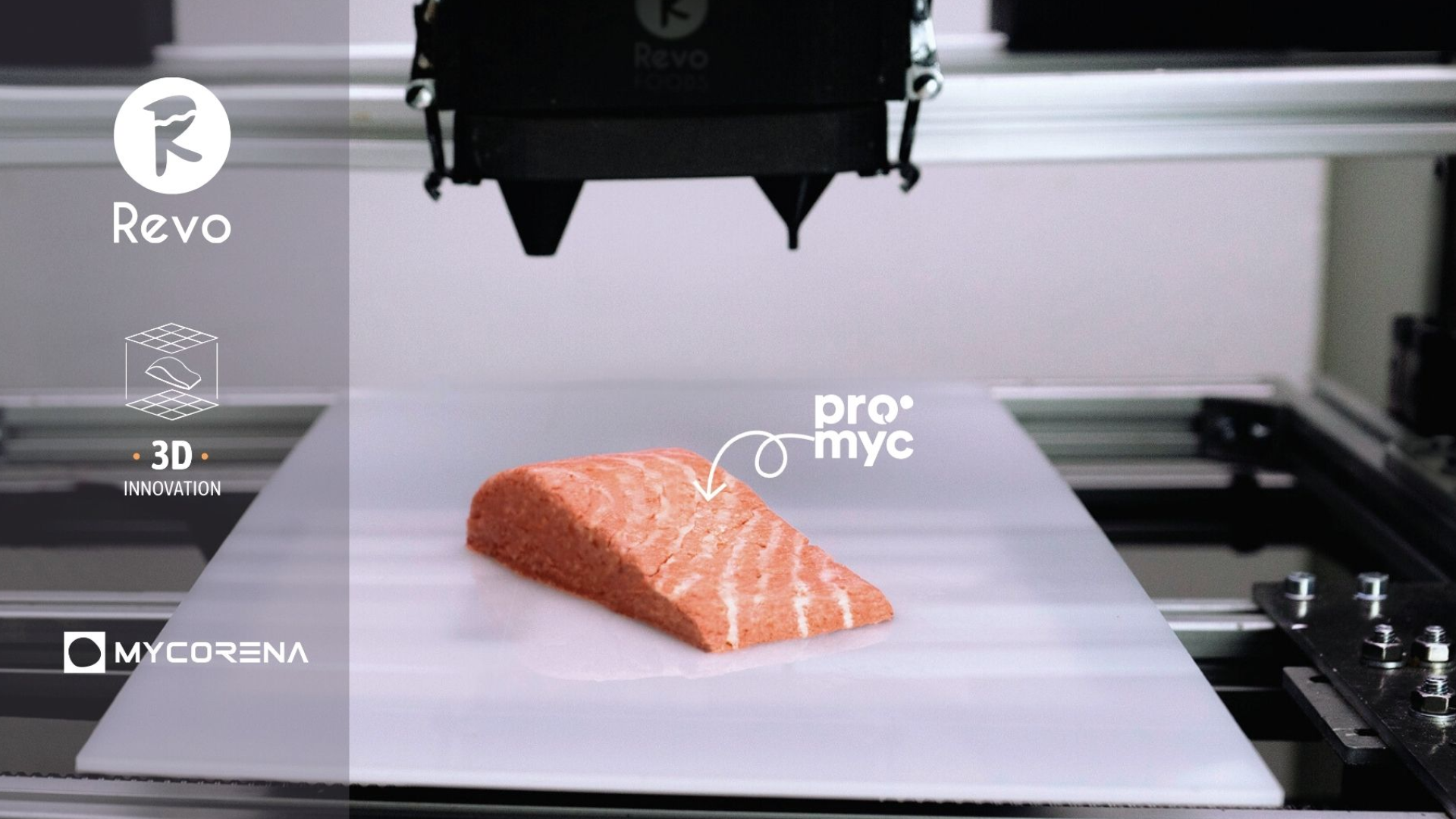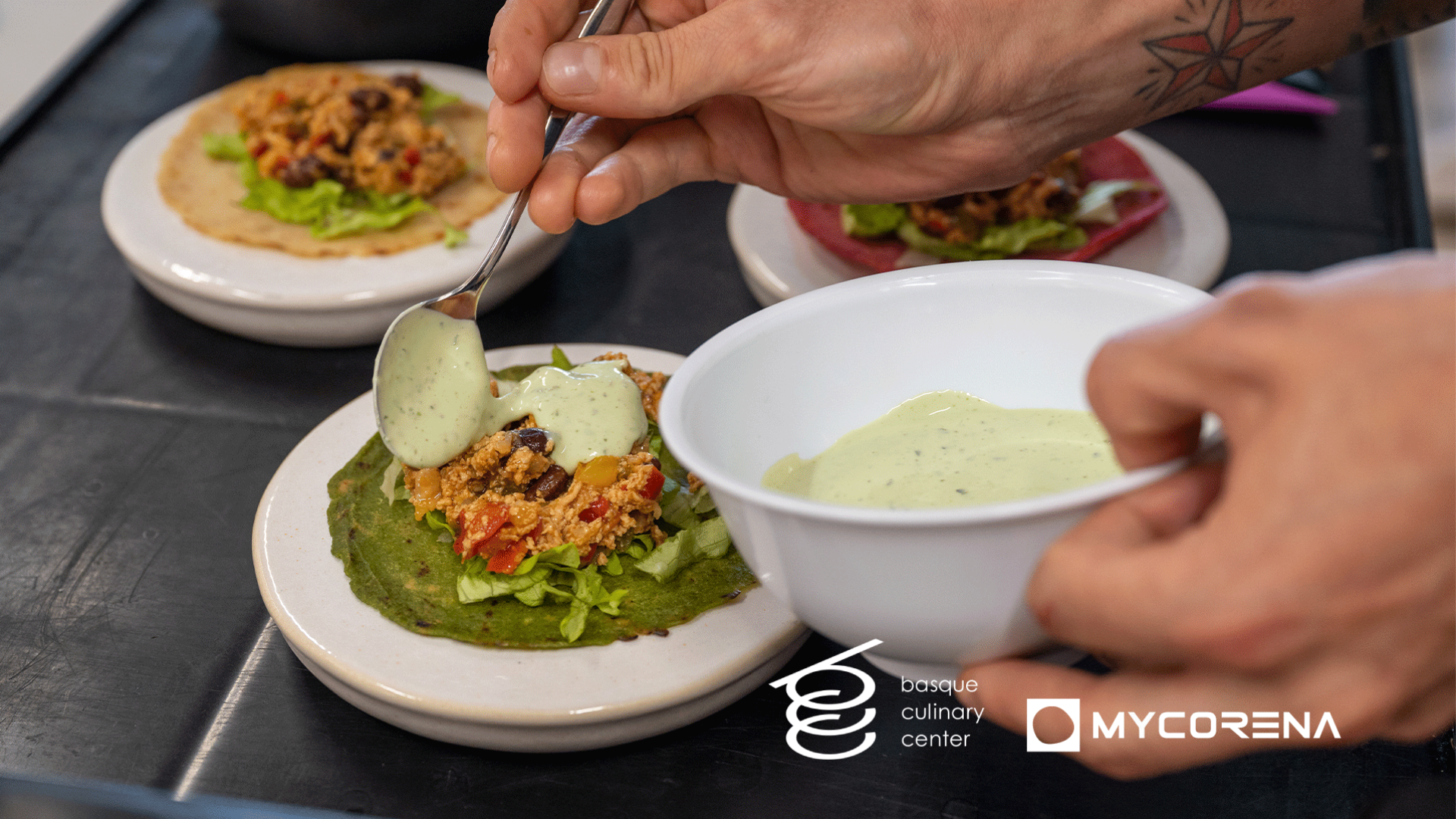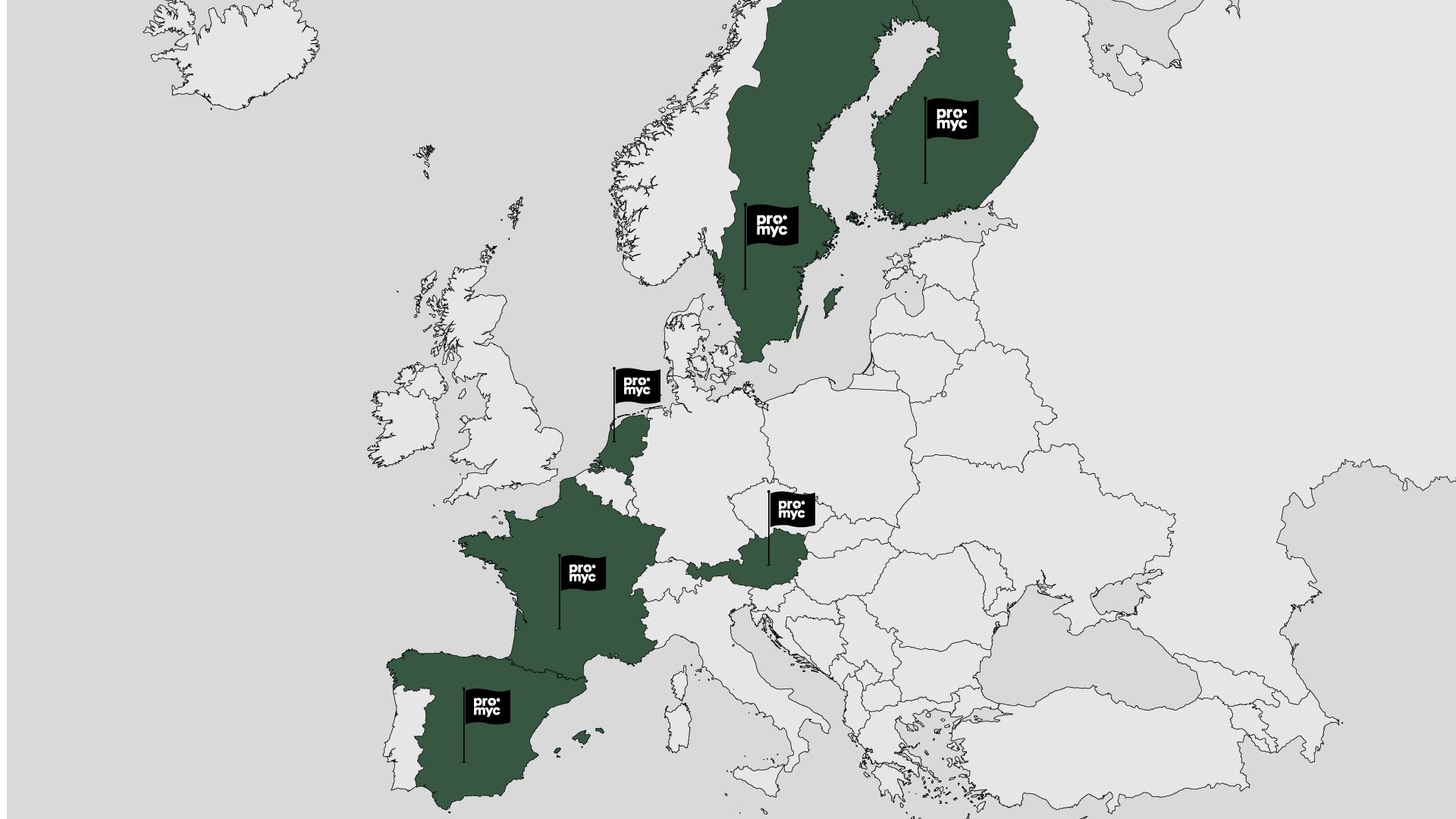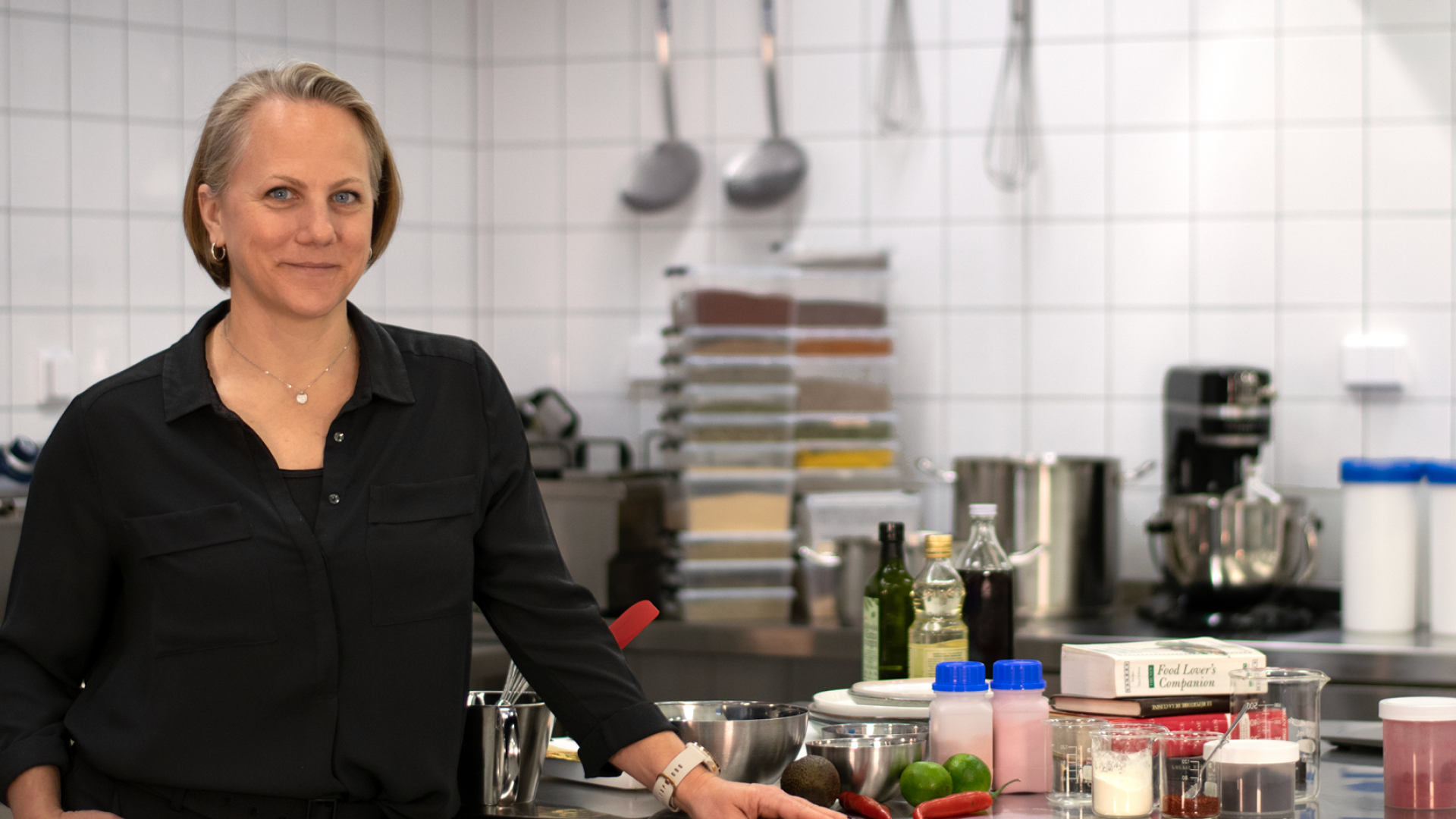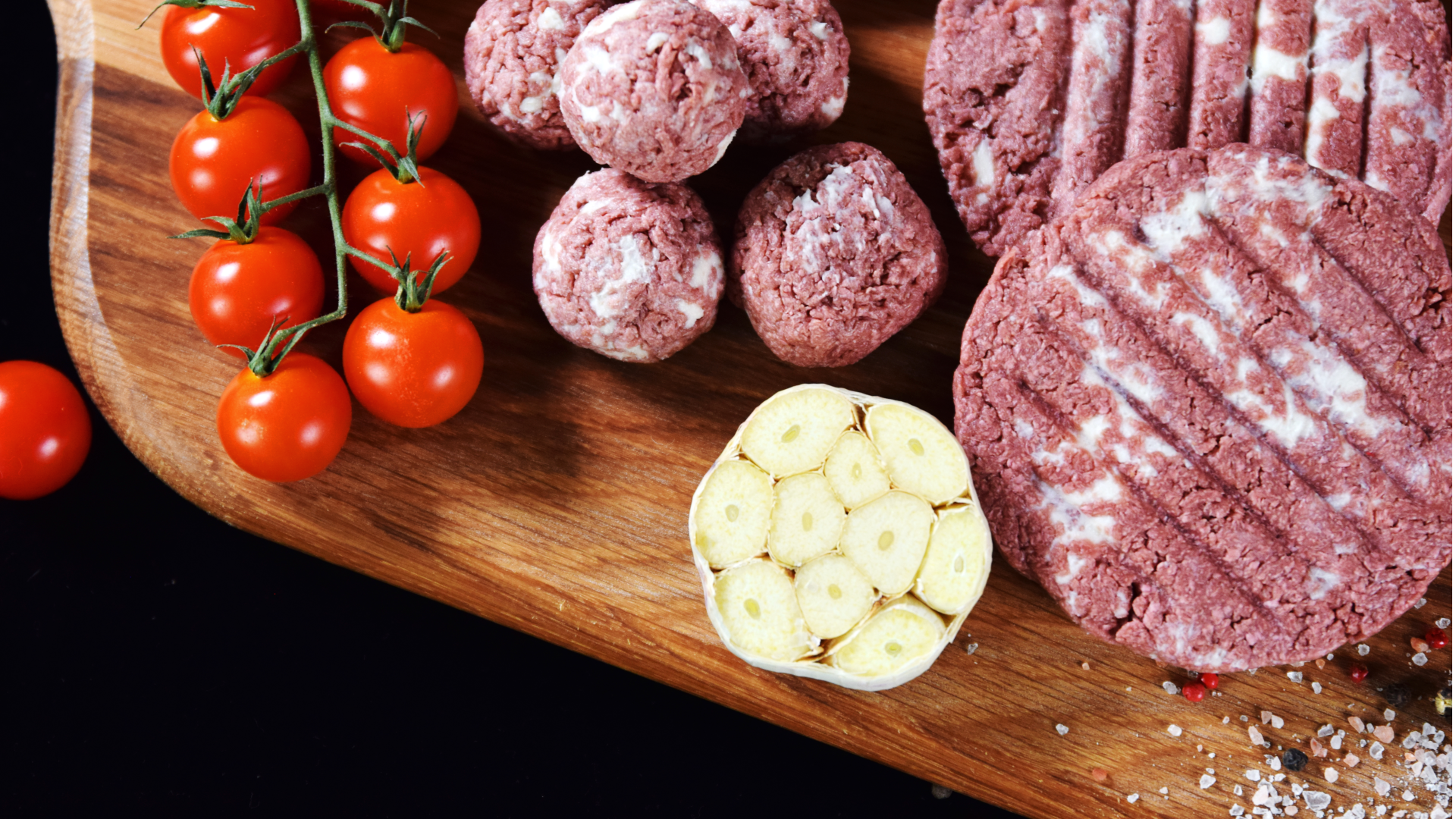Global localisation is described as the customisation of products produced by companies and franchises depending on the location, meaning that, for instance, one product that is sold globally may vary its ingredients depending on the country where this product is sold. For example, Coca-Cola has a different sugar percentage depending on the product’s country. Hellmann’s mayo uses other oils depending on the country where it is produced. The same happens when you go to a restaurant. For example, Chinese food will taste different if you eat it in China, Sweden, or any other country because those restaurants adapt to local preferences but still give distinctive tastes recognised globally. The first two examples describe localisation, and the last one is an example of globalisation.
Nowadays, the population is more aware of globalisation and wants to act more locally. So here is a new term invented to describe how the world is evolving: “Glocalisation”. Glocalisation is a combination of “globalisation” and “localisation.” The term is used to describe a product or service that is developed and distributed globally but is also adjusted to accommodate the user or consumer in a local market.
Glocalisation starts with our 3P plant in Falkenberg, and it means the beginning of the fungi revolution. And, just like our fungi, this type of facility will multiply worldwide. Our indoor process can be replicable in any part of the world. Meaning no pollution in exportations or importations; no issues with the weather or the temperature. We can provide top-tier vegan protein and create new products adapting to the needs and demands of the people we are willing to please consider culture, diets, and likings. We want to make a global impact but thinking from a local perspective is critical to fit in any community.
Often, glocalisation campaigns involve culturally friendly media and ad campaigns to encourage the acceptance of foreign products among a local audience. However, our product isn’t even foreign. Our product is novel to most of the population, making our “local” approach the most crucial step to global acceptance. We must create products that you like and fit your lifestyle, and we assure you that we are doing it and doing it right.
Glocalisation is set to be the pillar of the green movement. However, we have adapted to having avocados from Costa Rica, coffee from Kenia, wasabi from Japan or vanilla from Madagascar. And we are not willing to give up on these tasty ingredients because they are delicious, and we made them ours, but all the pollution caused by transportation is something we want to get rid of. So, one of the solutions to this problem is cultivating these products in your own country. This may be possible in some countries and specific ingredients because the climate conditions are favourable to grow, but our fermentation process doesn’t have this kind of setback. Hence, we can create the best plant-based solution.
Another problem regarding globalisation is the creation of monocultures. The plant-based industry relies almost entirely on soy or pea protein, and, to cultivate these ingredients, a lot of land is used, giving less space to indigenous crops. High demand also means high prices, and to lower those prices, more production is needed. To achieve that, many lands must be used with only one purpose: plant-based protein. This is starting to become an issue for biodiversity. Humans can eat around 300,000 out of the 400,000 extant plant species on earth, yet we only eat a mere 200. Mycorena can build a plant-based protein production plant using much less space than any other crop, giving better yields without compromising the biodiversity of the region where the production plant is built in.
At Mycorena, we think global localisation is the beginning of our long green path to feeding the whole world. Thinking global, acting local.
Author:
Joan Lluch Casarramona


